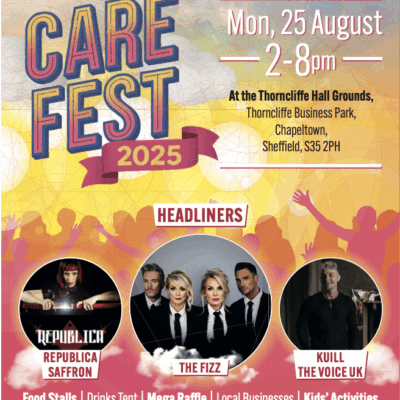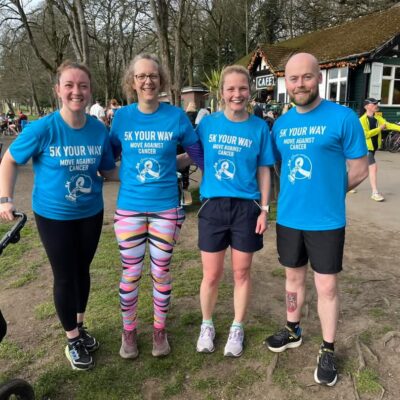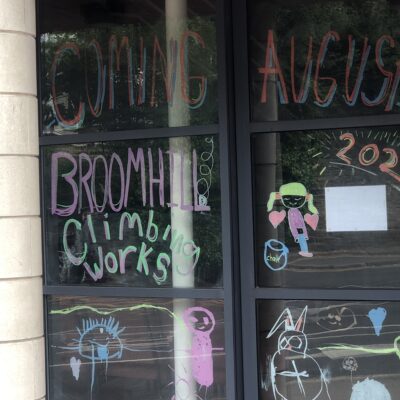A pharmacy in Sheffield is “thriving” since the introduction of a new NHS service.
Pharmacy First allows the public to go to their local pharmacy in order to be treated for seven common conditions, covering sinusitis, sore throat, earache, infected insect bites, impetigo, shingles, and uncomplicated urinary tract infections.
Since the introduction of the scheme on January 31, Day Lewis Pharmacy, Crookes has seen a 16% increase in prescription items dispensed.
Day Lewis Pharmacy Manager, Stacey Jubb said: “It’s quite exciting. We are thriving from it.
“There has been a massive increase in demand for prescriptions.”
The scheme aims to divert traffic from the doctors surgeries to the pharmacies in order to free up valuable contact time and reduce appointment wait times.
Dr David Crichton, Chief Medical Officer at NHS South Yorkshire, said: “We welcome the new Pharmacy First service which has seen excellent take up from our community pharmacies across South Yorkshire.
“The service will help improve access to healthcare across our area and will enable local people to an alternative, quick and convenient option, for minor illnesses without the need to visit their GP practice.
“It will also support our primary care services who are working hard to provide the most appropriate and timely care for their patients across communities.”
98% of pharmacies in South Yorkshire Have signed on to the referral scheme however, only Woodhouse, University Health Centre, Burngreave and Birley general practices are providing the scheme.
It was too early to say whether the scheme was affecting the waiting times in the surgeries.
Ms Jubb said: “The last time I phoned the doctors I was still number 89 in the queue.”
Despite the positives of increases demand from patients, the workload increase could cause issues in pharmacies.
The industry has endured lots of closures over recent years creating extra demand for the pharmacies that remain open.
Ms Jubb said: “A lot of patients rely on the pharmacies rather than the doctors now.
“During COVID the GP’s closed their doors and pharmacies stayed open.”



